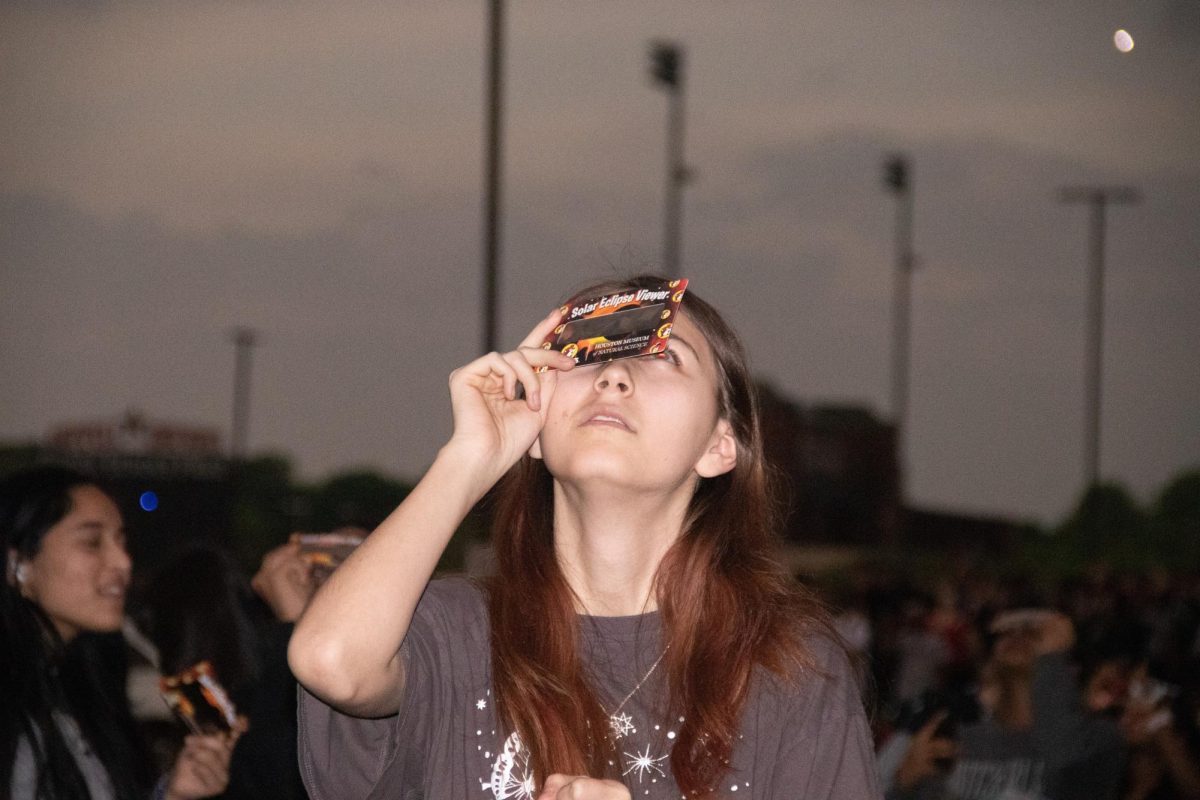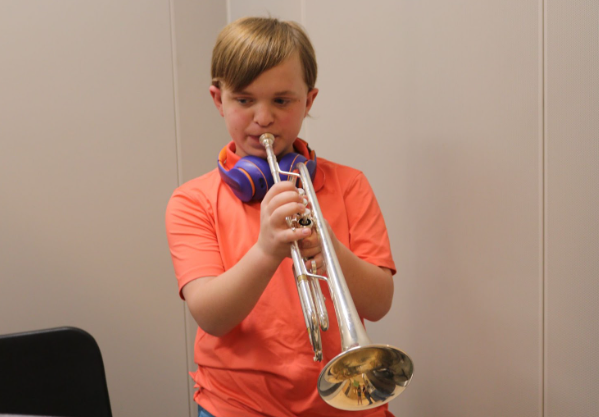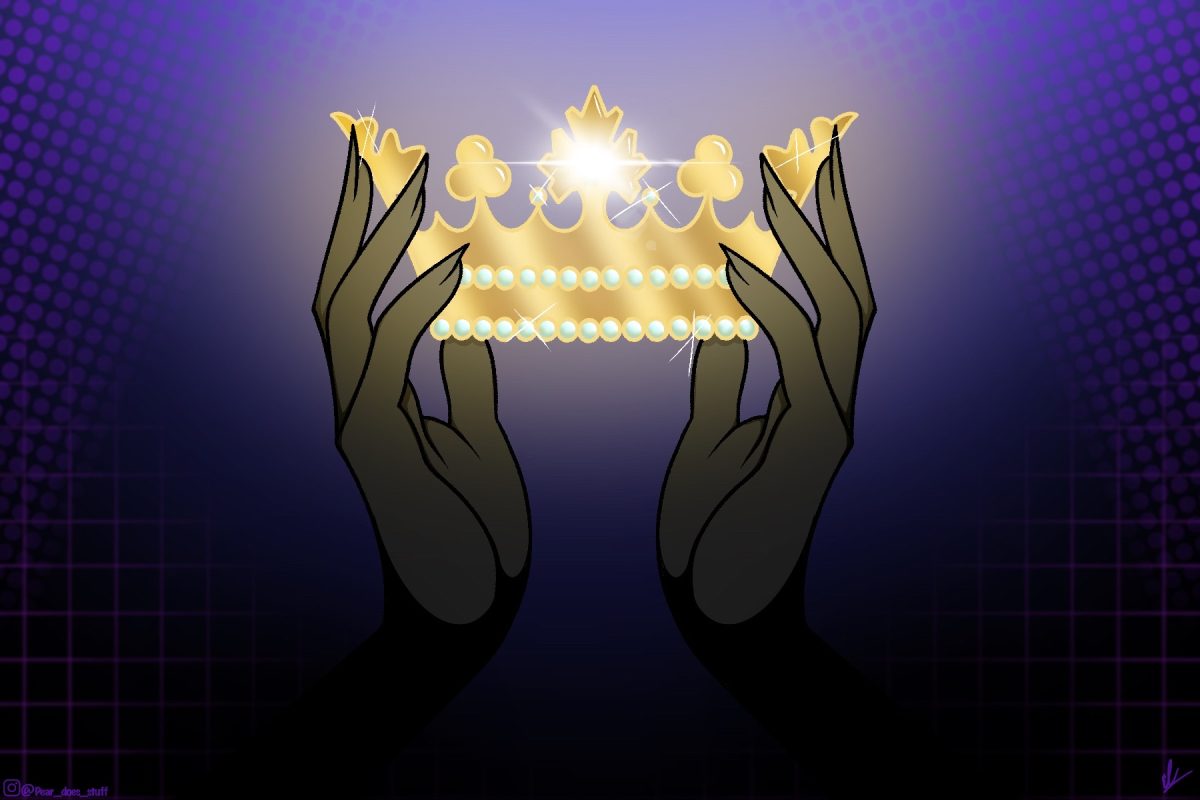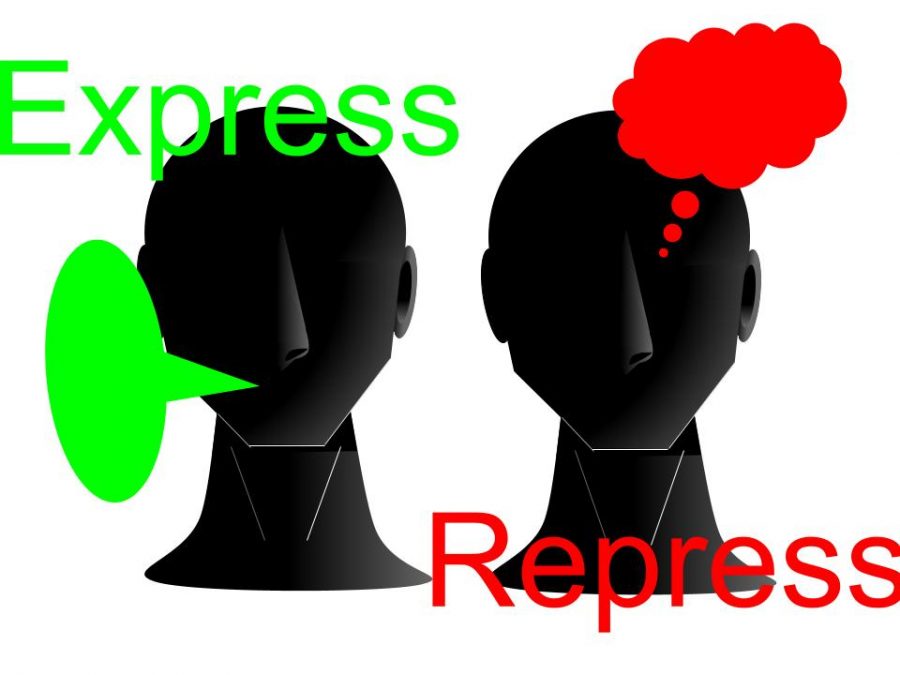As an American, we are entitled to many civil liberties. One of which is particularly special and often under scrutiny; the First Amendment. As you know, it details the following liberties: freedom of the press, freedom of religion, freedom to peacefully assemble, the freedom to petition the government, and the subject of this essay, freedom of speech.
To start, it may come as a surprise to some that as a student, these freedoms are not entirely available to you. As the Editor in Chief to my school’s magazine, The Tribe, I am very aware of this. Though SCOTUS has said that students “do not shed their constitutional rights to freedom of speech and expression at the schoolgate”, school officials still have the ability to regulate certain types of expression, particularly those that disrupt the school environment or invade the rights of others.
In my case, my staff and I can not publish just anything and we must have approval of our principal or our advisor before release to the school. Issues akin to this have been the subject of more than one court case. Examples include but aren’t limited to: Tinker v. Des Moine (1969), Bethel v. Fraser (1986), and Hazelwood vs Kuhlmeier (1988). These court cases, among others, are part of every high school’s government class curriculum as well as a journalism class if one elects to take it.
Exposure to these court cases builds upon the foundation of understanding that freedom of speech is important, turning it into the beginnings of an elegant building. Of course, each student has an idea of its importance through their studies, learning of instances in history that the American people have invoked these liberties. But only when they engage in its usage, does the elegant building finally reach its full potential.
In current times, people exercise their first amendment rights daily. When was the last time you think you did this? Was it in a post on social media or in a video on YouTube? Was it wearing something that may be considered controversial, like a BLM mask or an LGBTQ+ shirt? For the writers out there, was it a book or article you wrote and sent out into the universe? If it was any of these examples or something akin to them, you were taking advantage of your first amendment freedoms.
Now, imagine what the country would be like without these freedoms? In such a society, we wouldn’t be able to speak our minds on anything, be it through the written or spoken word, or express ourselves at all, like through clothing. A vital element to the creation and maintenance of diversity in our society would be removed, reducing us, unknowingly, to the hollow shadow of unfulfilled potential. Our society would be authoritarian instead of a proud democracy.Would you like to live in an authoritarian society, like what is depicted in Ray Bradbury’s Fahrenheit 451 or Margaret Atwood’s The Handmaid’s Tale? I know I wouldn’t.
Would you like to live in an authoritarian society, like what is depicted in Ray Bradbury’s Fahrenheit 451 or Margaret Atwood’s The Handmaid’s Tale? I know I wouldn’t.
So why should the first amendment rights of college students be censored? College is a reflection of our society. It’s a place that people can use to discover and hone their passions as well as diversify themselves both socially and academically whilst learning about the world around them. But they can’t be expected to express themselves fully while under the harsh hand of censorship.
Unlike in high school, the majority of attendees of a college are adults. Therefore, there is no excuse to censor them. Yes, what is said may make you uncomfortable or angry, but don’t we learn through examining a multitude of items and then discerning our own opinions from them?
This idea becomes relevant when the controversial topic of hate speech is presented. Hate speech is “abusive or threatening speech or writing that expresses prejudice against a particular group, especially on the basis of race, religion, or sexual orientation” [Oxford Languages]. Instinctively, you may say “Of course that isn’t protected. It’s wrong.” And you’re right, it is wrong, but it’s false to assume an absence of protection.
This notion challenged society in 1969 in the infamous case of Brandenburg v. Ohio, in which SCOTUS nullified the conviction of Clarence Brandenburg, a leader in the right wing extremist group dubbed the KKK. The conviction was a result of a speech that Brandenburg had made, which violated Ohio’s Criminal Syndicalism law that made advocating “the duty, necessity or propriety of crime sabotage, violence, or unlawful methods of terrorism as a means of accomplishing industrial or political reform” and “voluntary assembl[ing] with any society, group, or assemblage of persons formed to teach or advocate the doctrine of criminal syndicalism” a crime. SCOTUS found that Brandenburg’s speech was protected.
This established a new precedent that “speech can be suppressed only if it is intended, and likely to produce, ‘imminent lawless action. This would be a hate crime, which is illegal. “Otherwise, even speech that advocates violence is protected” [ACLU Freedom of Expression Position Paper].
I disapprove of what you say, but I will defend to the death your right to say it
— Evelyn Beatrice Hall
Freedom of speech is a complicated issue. There are things people vocalize that may be a juxtaposition to what is considered good and moral, but are protected under the first amendment. As Evelyn Beatrice Hall said in The Friends of Voltaire, “I disapprove of what you say, but I will defend to the death your right to say it”, I must concur.
This story was originally published on The Tribe on February 3, 2021.





























![IN THE SPOTLIGHT: Junior Zalie Mann performs “I Love to Cry at Weddings,” an ensemble piece from the fall musical Sweet Charity, to prospective students during the Fine Arts Showcase on Wednesday, Nov. 8. The showcase is a compilation of performances and demonstrations from each fine arts strand offered at McCallum. This show is put on so that prospective students can see if they are interested in joining an academy or major.
Sweet Charity originally ran the weekends of Sept. 28 and Oct. 8, but made a comeback for the Fine Arts Showcase.
“[Being at the front in the spotlight] is my favorite part of the whole dance, so I was super happy to be on stage performing and smiling at the audience,” Mann said.
Mann performed in both the musical theatre performance and dance excerpt “Ethereal,” a contemporary piece choreographed by the new dance director Terrance Carson, in the showcase. With also being a dance ambassador, Mann got to talk about what MAC dance is, her experience and answer any questions the aspiring arts majors and their parents may have.
Caption by Maya Tackett.](https://bestofsno.com/wp-content/uploads/2024/02/53321803427_47cd17fe70_o-1-1200x800.jpg)
![SPREADING THE JOY: Sophomore Chim Becker poses with sophomores Cozbi Sims and Lou Davidson while manning a table at the Hispanic Heritage treat day during lunch of Sept 28. Becker is a part of the students of color alliance, who put together the activity to raise money for their club.
“It [the stand] was really fun because McCallum has a lot of latino kids,” Becker said. “And I think it was nice that I could share the stuff that I usually just have at home with people who have never tried it before.”
Becker recognizes the importance of celebrating Hispanic heritage at Mac.
“I think its important to celebrate,” Becker said. “Because our culture is awesome and super cool, and everybody should be able to learn about other cultures of the world.”
Caption by JoJo Barnard.](https://bestofsno.com/wp-content/uploads/2024/01/53221601352_4127a81c41_o-1200x675.jpg)






